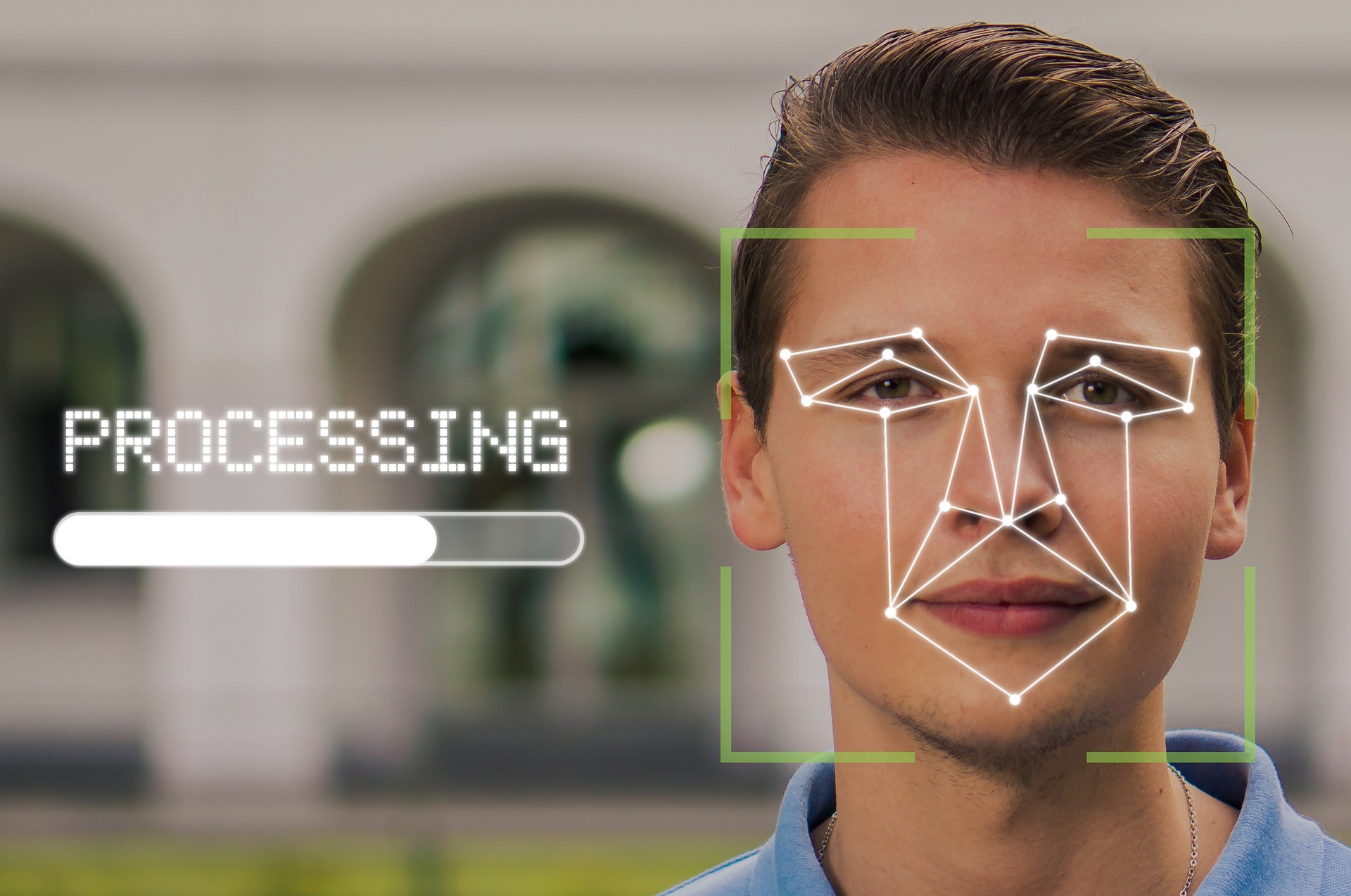You would never implement a system programmed to break the law, would you? The municipalities in Denmark did. If you get social security in Denmark, you are supposed to work at least 225 hours per year if you can. Those who can, and don’t, get less money. Those who cannot work are exempt from this deduction rule. The IT system has been programmed to automatically start reducing benefits unless a caseworker remembers to manually keep pushing the deduction date into the future. This means the municipalities save money by illegally reducing benefits for those citizens who do not have the energy to complain.
When you automate a process, your users will quickly come to accept the decision of the system. Make sure you have good defaults. At the very least, make sure they are in accordance with the law.






